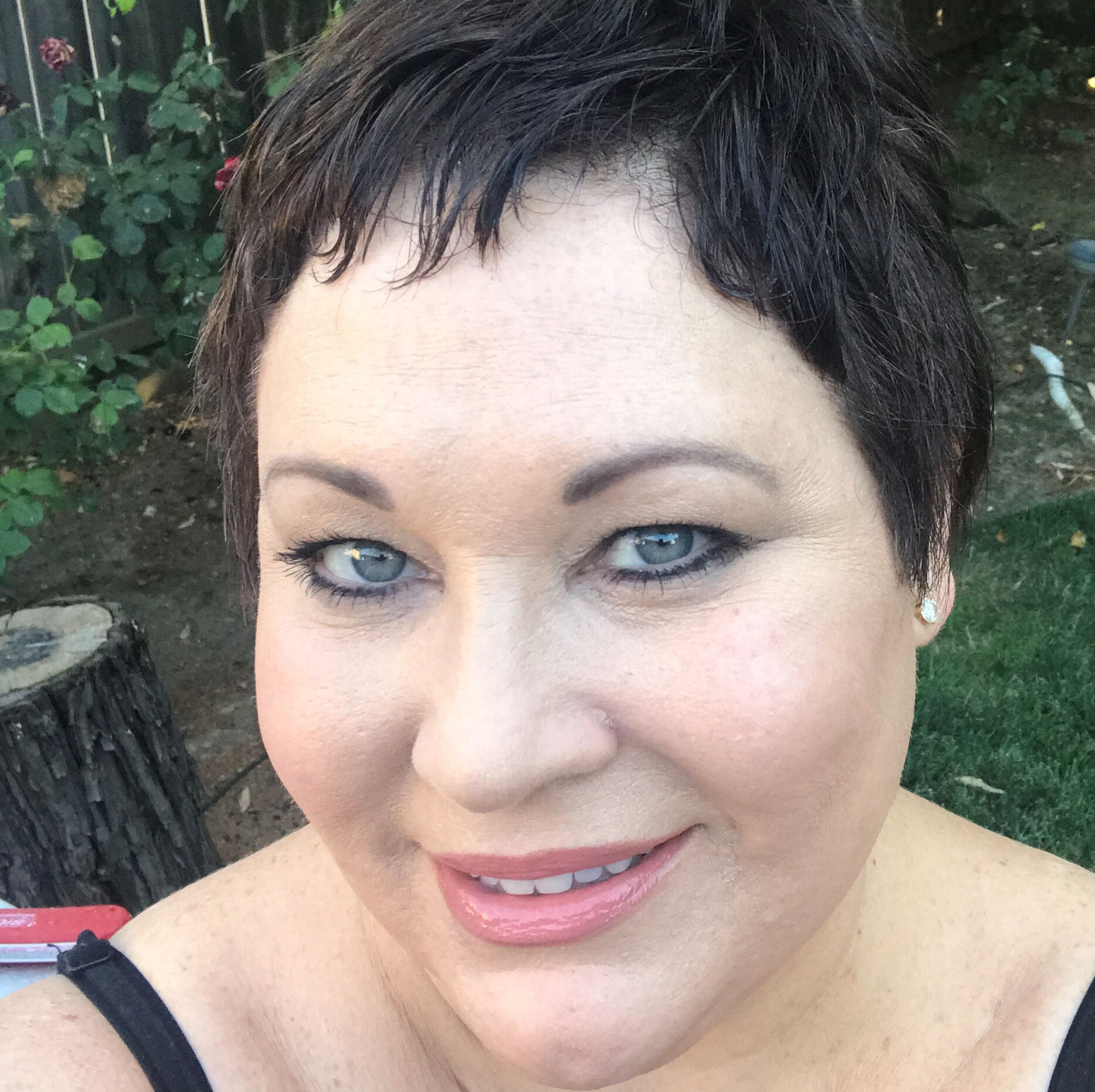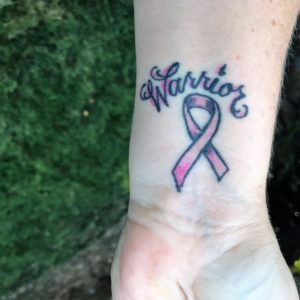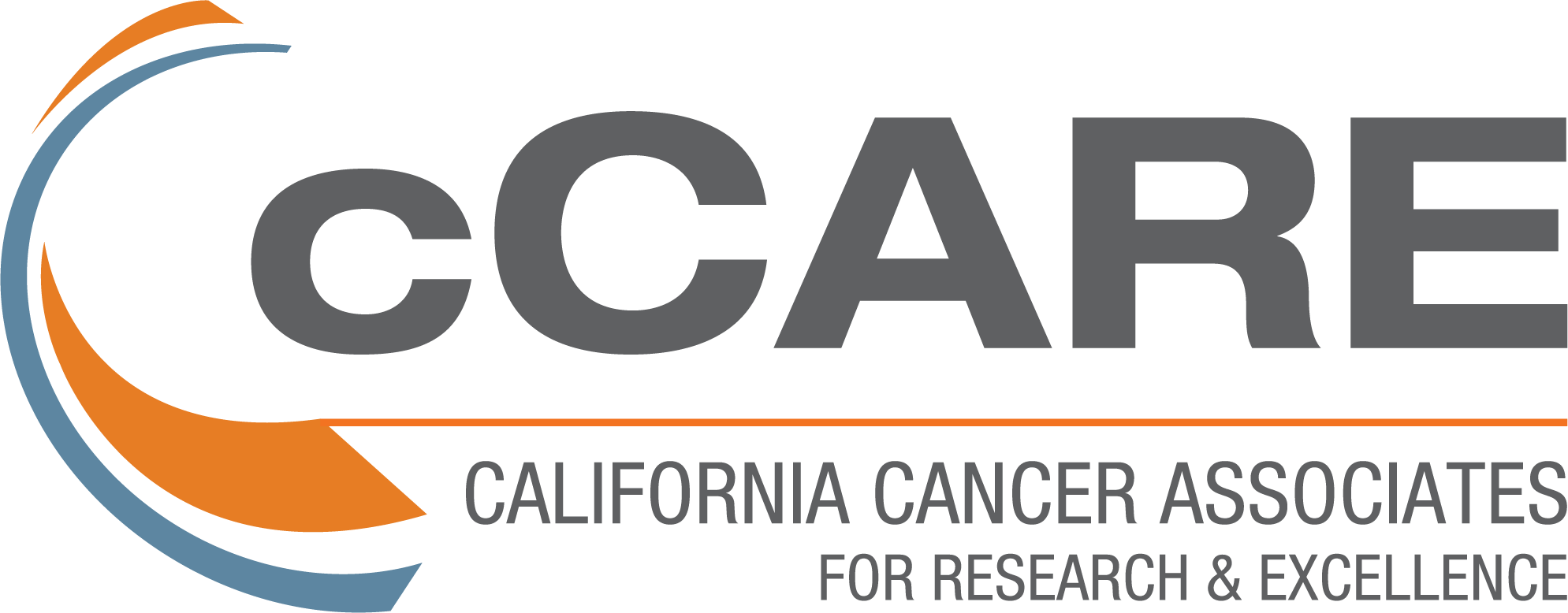
“Attitude is everything when you’re trying to heal,” says Stephanie Jackson, a triple negative breast cancer survivor
On a July morning in 2014, a lump in Stephanie Jackson’s breast caused a lump in her throat as she reached for the phone to call her doctor. The 43-year-old realtor made a habit of performing self-exams, diligently checking for anything out of the ordinary. As is the case with many cancers, early detection of breast cancer can literally mean the difference between life and death.
“If I had not found the lump myself, I am afraid I may not be here to tell my story because I didn’t have a mammogram scheduled until October,” she explains. “I made an appointment with my gynecologist and she sent me to have an ultrasound. Those results came back, and she said I needed to get to a surgeon right away.”
Not only was the dreaded diagnosis confirmed, Stephanie was told that it was triple negative breast cancer – an uncommon and especially aggressive form. Its name is derived from the fact that it lacks the three common receptors that typically cause breast cancer growth: estrogen receptors, progesterone receptors and human epidermal growth factor receptor 2 (HER2).
While this may seem like a good thing at first glance, the absence of these hormone receptors means that the cancer cannot be targeted with hormonal therapy, which is often a very effective breast cancer treatment method. Instead it must be treated with some combination of chemotherapy, radiation and surgery.
When life gives you Dr. Lemon
Stephanie was no stranger to triple negative breast cancer. Some years prior, her aunt had received treatment for the very same type of cancer. Due to her aunt’s positive experience, Stephanie called cCARE hoping to schedule an appointment with her aunt’s oncologist Dr. Sachin Gupta. As it happened, Dr. Gupta was not immediately available, so she instead scheduled a visit with Dr. Robert Lemon.
“From the moment I met Dr. Lemon, I really liked him,” Stephanie recalls. “I knew he was the one for me personality-wise. His bedside manner was direct but very compassionate. He explained everything in laymen’s terms – not just medical terminology.”
Shortly after her arrival at cCARE, it became apparent that Stephanie’s diligence in making an appointment right after finding the lump paid dividends. Biopsy revealed that the cancer had not yet spread to her lymph nodes, indicating it was in an early and more treatable stage.
Initially, the plan was to begin treatment with the surgical removal of both of her breasts (a bilateral mastectomy). However, the rate at which the cancer progressed in the following days and weeks prompted a new approach.
“I could literally feel my tumor growing by the day,” Stephanie explains. “One day I came into cCARE without an appointment and said, ‘I have an emergency.’ My stage I breast cancer had progressed to stage II in less than three weeks. Dr. Lemon called my surgeon, cancelled my bilateral mastectomy, and started me with aggressive chemotherapy within days.”
Aggressive triple negative breast cancer meets aggressive treatment in Fresno
Dr. Lemon explained that given the rate of cancer growth, he wished to administer chemotherapy at a faster-than-normal rate, allowing for very brief periods of time to recover between sessions. For Stephanie, this meant a higher-than-normal share of chemo’s unpleasant side effects.
“I basically locked myself in my house because I had no immune system,” Stephanie explains. “For about six months, I just went to and from chemo. I didn’t want to miss any sessions.”
Despite the unpleasant circumstances, Stephanie developed deep friendships with the chemotherapy nurses. In particular, she formed a special bond with her nurse, Chrissy.
“Chrissy was so caring and so efficient,” says Stephanie. “If I would break out in a sweat she was right there and would pause everything to go get me a cold towel and titrate (slow down) the treatment. I remember how emotional I was at my very last chemo treatment partly because I felt as long as I was getting chemo the cancer couldn’t get me. It was my safety net.”
“Also, the nerves set in for my upcoming bilateral mastectomy surgery. Chrissy saw the tears forming and she asked me what was wrong. I said, ‘This means surgery is next,’ and she hugged me and said, ‘Everything is going to be okay.’ When I go in for my checkups now, I go into every chemo room to look for Chrissy to say hi and see how she’s doing.”
After six grueling months of chemo, Stephanie was finally able to undergo the double mastectomy procedure. She also endured multiple reconstructive operations as well as a hysterectomy, given that the chemotherapy caused her to enter menopause. All said and done, she had nine operations in an 18-month period.
Stephanie recalls that after the initial five-hour bilateral mastectomy and reconstruction surgery that Dr. Lemon came to visit her in the hospital and check on her.
She recalls, “My mother said to Dr. Lemon, ‘Thank you, thank you, thank you, for saving Stephanie.’ He said that there is no need to thank the hammer for what the carpenter did. We have never forgotten that.”
Today, Stephanie is in remission and has returned to work.
Mastectomies and More
You can have a pity party, but you can’t stay there and cry

Stephanie will readily admit that going through cancer treatment is excruciating. However, that honest admission always comes with unwavering strength and a steadfast commitment to positivity.
“It’s so easy to go down the dark path,” Stephanie explains. “You can have a pity party and cry, but you can’t stay there. Cry for a couple hours if that’s what you need. Go to bed. Take a nap. But you can’t win if you stay there.”
A pink ribbon tattoo on Stephanie’s wrist reminds her of the fight she won, as well as her mental preparedness should she face a recurrence.
“You’re going to come out of treatment with a word. I chose ‘warrior’ because my cancer is the type that likes to come back. I look down at that to remind myself, ‘I beat it once, and if it comes back, I can beat it again.’ I look at that daily. It makes me stronger, and it makes me more determined.”
She adds, “You don’t know how strong you are until you have to be. You’re going to surprise yourself.”
